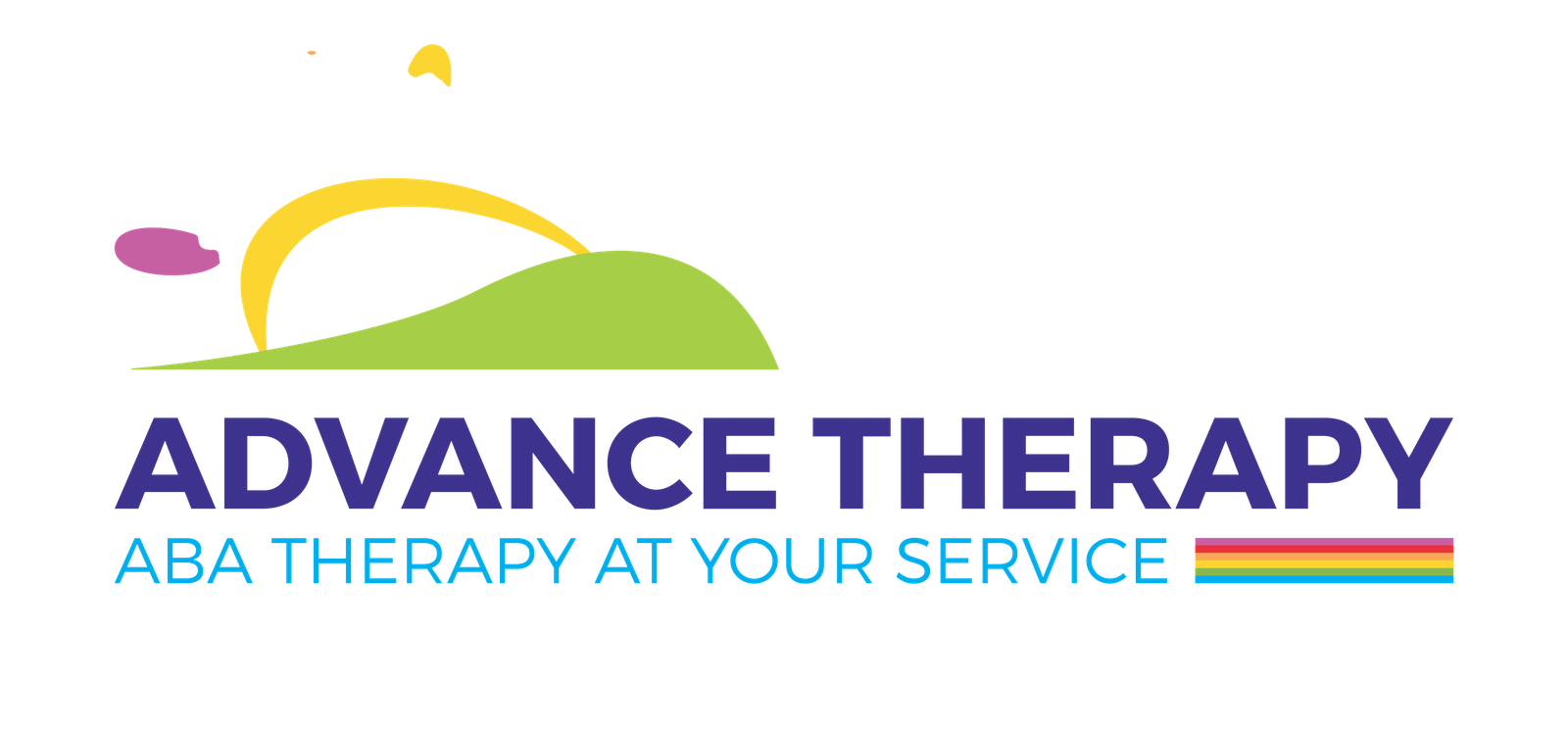- Home
- About Us
- Services
- Blogs
-
Service in Areas
- ABA Therapy Services in New Delhi – Advance Therapy India
- ABA Therapy Services in Hyderabad – Advance Therapy India
- ABA Therapy in Punjab – Expert Autism Support Services
- ABA Therapy in Pune – Expert Care for Child Development
- ABA Therapy in Gurugram – Personalized Programs for Your Child
- ABA Therapy in Chennai – Early Intervention for Your Child
- ABA Therapy in Bangalore – Evidence-Based Autism Support
- Professional ABA Therapy in Mumbai – Advance Therapy India
- Contact Us
Call Us
+91 628 345 6891



